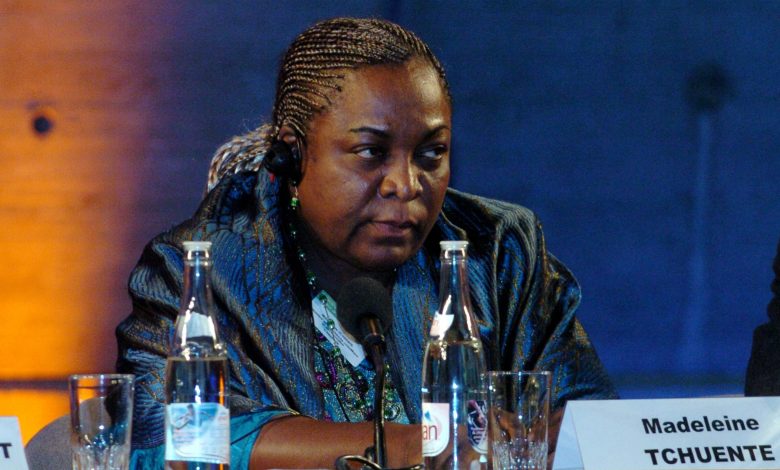Lack Of Foreign Input Blocks Manufacture Of COVID-19 Drugs In Cameroon

Two months after Cameroon’s Minister of Scientific Research and Innovation declared that the country had the necessary manpower and equipment to manufacture chloroquine that is reputed to cure COVID-19, nothing is rolling out of the works.
A highly-placed source in the Ministry of Scientific Research and Innovation told HumAngle on Tuesday that the effective manufacture of the drug could not take off because of the non-availability of the necessary foreign input for the manufacture of the drug.
“There is a very high demand for the input necessary for the manufacture of chloroquine worldwide and as such we are finding it difficult to import what we need to effectively delve into the manufacture of the drug locally,” the source who requested for anonymity because she was not authorized to speak on behalf of the ministry, revealed.
During a meeting of the follow-up committee on the preventive measures put in place to combat the coronavirus, Magdalene Tchuente, the Minister of Scientific Research and Innovation boasted that Cameroon had 50 per cent of the raw materials needed to manufacture chloroquine.
She added that measures were in the works to start the local manufacture of the drug without further delay.
President Paul Biya then instructed that everything be put in place within a week to ensure that production of the drug began as soon as possible.
The French Ambassador to Cameroon Christophe Guilhou during the meeting reiterated his country’s determination to assist Cameroon in its fight against COVID -19, especially in the local production of rapid viable tests necessary for diagnosing the disease infection.
“The ministry is not in a position to import the other necessary foreign inputs. The worldwide closure of borders has not facilitated things for us. The necessary foreign inputs for the production of chloroquine are acquired through negotiations with the concerned countries. Countries are fighting for the acquisition of these inputs that open the way to produce the drug,” the source said.
During the July 1 meeting of the follow-up committee, members were of the opinion that if the foreign inputs were difficult to get, alternatives should be sourced for the production of a traditional/local replacement for chloroquine.
“Profound studies are underway intended to particularly evaluate the active components and toxicity of the therapeutic solutions envisaged,” said a communiqué issued after the meeting.
Support Our Journalism
There are millions of ordinary people affected by conflict in Africa whose stories are missing in the mainstream media. HumAngle is determined to tell those challenging and under-reported stories, hoping that the people impacted by these conflicts will find the safety and security they deserve.
To ensure that we continue to provide public service coverage, we have a small favour to ask you. We want you to be part of our journalistic endeavour by contributing a token to us.
Your donation will further promote a robust, free, and independent media.
Donate HereStay Closer To The Stories That Matter




